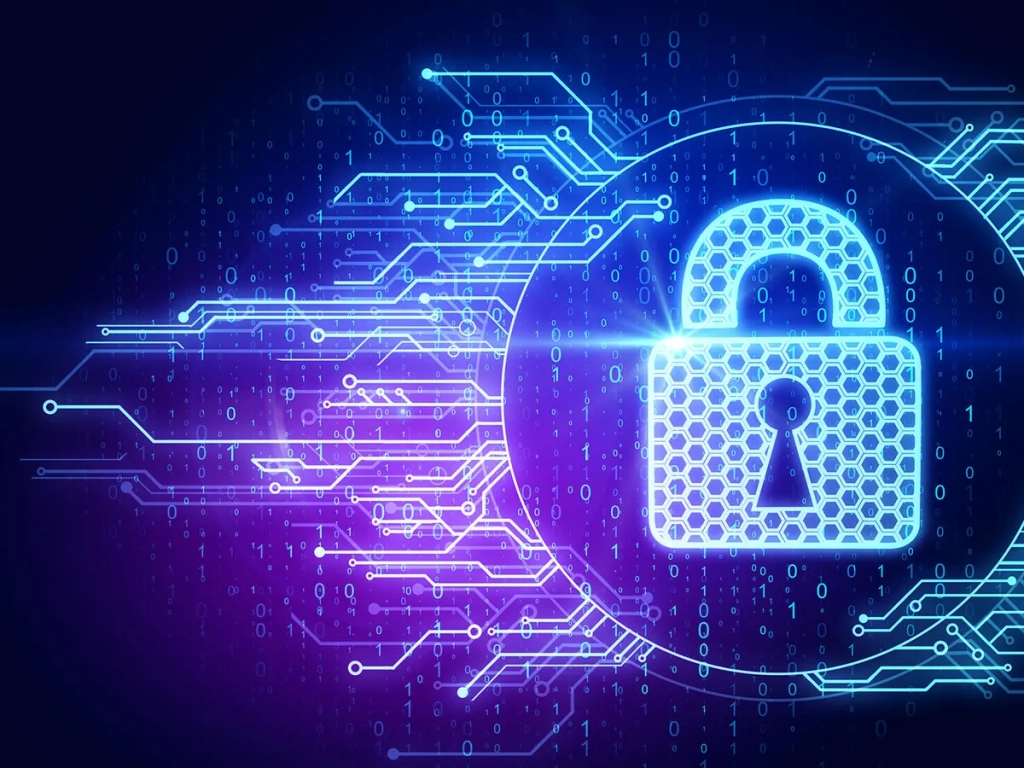
When you’re exploring new destinations, the last thing you want to worry about is someone snooping on your data or hacking into your accounts. But the truth is, travel can expose you to unique cybersecurity risks—especially when you’re constantly connected via public Wi-Fi or unfamiliar networks. Whether you’re a remote worker, a digital nomad, or just a casual traveler, keeping your digital life secure while roaming is a must.
At Roamvy, we believe staying connected should also mean staying protected. Here’s how you can safeguard your personal data on the go.
Sure, it’s tempting to hop on that free airport or café Wi-Fi, but these open networks are a hacker’s paradise. Without proper encryption, your data can be intercepted easily.
Roamvy Tip:
Use an eSIM with mobile data instead. Our secure, prepaid roaming plans let you skip sketchy Wi-Fi and stay safely connected wherever you are. If you must use public Wi-Fi, always turn on a VPN.
A Virtual Private Network (VPN) encrypts your internet traffic, keeping your online activities hidden from prying eyes—especially useful when accessing banking apps, email, or booking sites.
Pro Tip:
Set your VPN to connect automatically when you’re on untrusted networks. Many providers offer mobile apps that are lightweight and easy to use.
Even if your password gets leaked, 2FA adds an extra layer of protection. It usually requires a second step like a text code or authentication app confirmation.
Where to Use It:
Email, cloud storage, social media, and financial apps—anything that stores sensitive data.
Outdated software is one of the most common entry points for cyber attacks. Before your trip, take time to update your phone, laptop, and any apps you plan to use.
Bonus Tip:
Turn on automatic updates to keep things secure even while you’re traveling.
Don’t rely on “123456” or your pet’s name. Strong, unique passwords for each account are a must. A password manager can generate and store them securely so you don’t have to remember every single one.
Your phone might be set to automatically connect to open Wi-Fi or Bluetooth networks—which can leave you exposed to spoofed connections or malicious devices.
Roamvy Reminder:
Go to your settings and turn off “Auto-Join” for Wi-Fi networks and keep Bluetooth off when not in use.
Whether it’s a lost phone, theft, or malware, things can go sideways quickly. Regular cloud backups ensure your photos, documents, and essential info are safe even if your device isn’t.
Travelers are prime targets for phishing emails or texts pretending to be airlines, hotels, or even your bank.
How to Spot a Phish:
Look for typos, urgent language, or sketchy links. When in doubt, go directly to the company’s website instead of clicking a link in an email.
Digital security might not be the most exciting part of your travel planning, but it’s one of the most important. Taking a few extra precautions means you can enjoy your journey with peace of mind.
With Roamvy’s eSIM, you’re already one step ahead—our fast, reliable mobile data helps you stay connected without compromising your security. Now, combine that with the tips above and you’re ready to roam smart and safe.
Check out our data plans and start your next trip with confidence: www.GetRoamvy.com